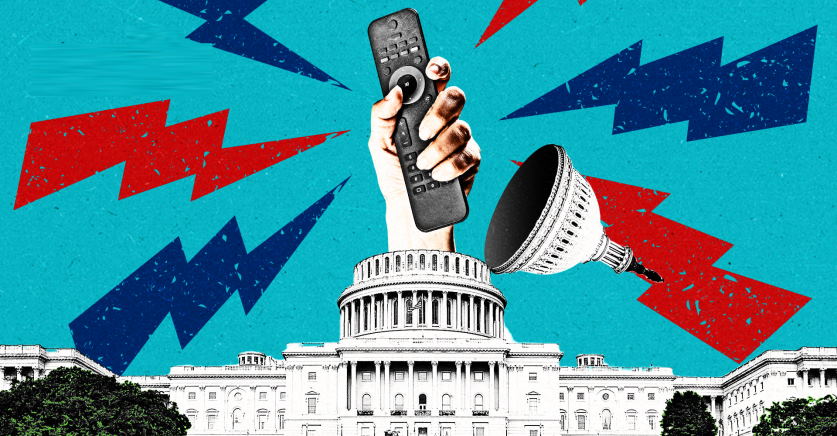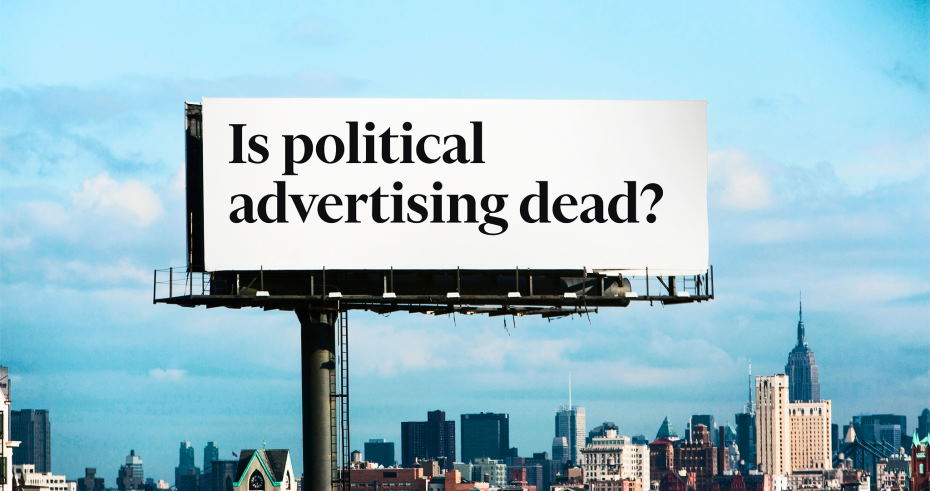Every day, citizens are barraged with political advertisements on television, the radio, the internet, and even their mailboxes. Of course, political advertising is a regular and expected part of any election season, but many people may not realize that regulations are limiting how much political advertising candidates and special interest groups can buy. This blog post will explore the effects of regulation on both citizens and candidates.

Political advertising needs better regulation
In the United States, the Federal Election Commission (FEC) enforced regulation of political advertising, which was created in 1974 in response to the Watergate scandal. The FEC’s role is to ensure that all political advertising is truthful and not misleading. This includes regulating what candidates can say in their ads and identifying who paid for them. While this may seem like a straightforward task, enforcing accurate disclosure of ad sponsors can be difficult, especially given the increasing use of so-called “dark money” in politics. We’ll take a closer look at how regulation of political advertising affects citizens and candidates alike. We’ll also discuss some of the challenges faced by the FEC in carrying out its mandate.
The regulation of political advertising is a complex and nuanced process that can significantly impact both citizens and candidates. While the Supreme Court has held that there is a right to free speech, it has also ruled that it is not absolute. This means that the government can place certain restrictions on political advertising to protect voters’ interests and democracy as a whole.
One key factor in regulating political advertising is how much money may be spent on such ads. In Buckley v Valeo, the Supreme Court ruled that limitations on campaign spending were constitutional as long as they did not prevent candidates from airing their views. This decision set a precedent for subsequent cases related to campaign finance reform.

Who may fund political ads?
It is no secret that advertising dollars often have a large impact on election outcomes. So, who should be able to spend money on political ads? This question has been debated in the United States for many years and continues to be a controversial topic. However, recently, there has been renewed discussion about changing the rules regarding political spending in light of the Supreme Court’s Citizens United decision.
Who funds political ads? The answer to this question is not as simple as it may seem. Various sources can fund political advertisements, including individuals, businesses, and special interest groups. While some people may believe that only wealthy individuals or organizations can afford to finance political ads, this is not always true. In addition, many small-scale donors contribute to campaigns through online donation platforms. By understanding who funds political ads and how they are financed, voters can make more informed decisions at the polls.
